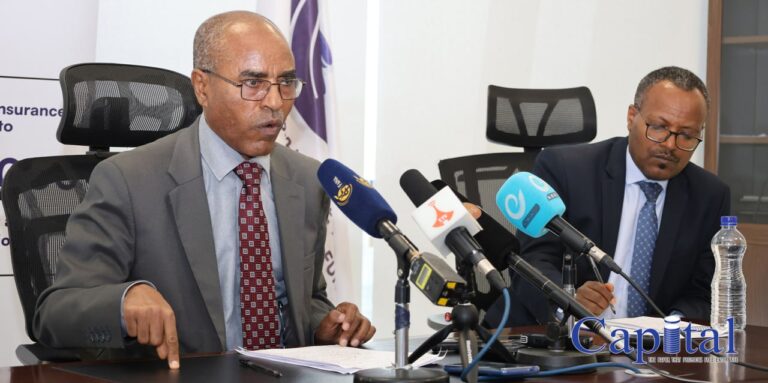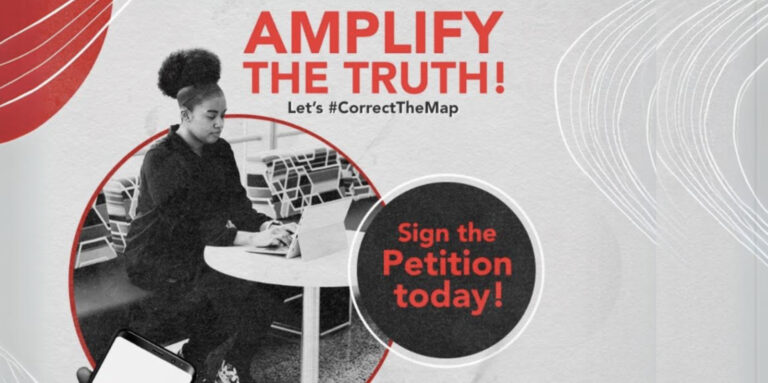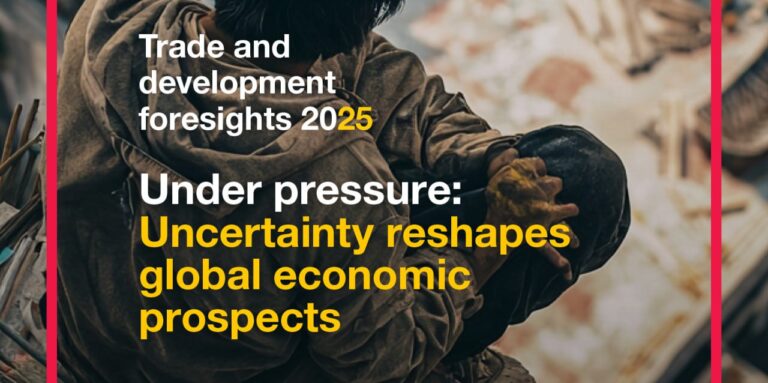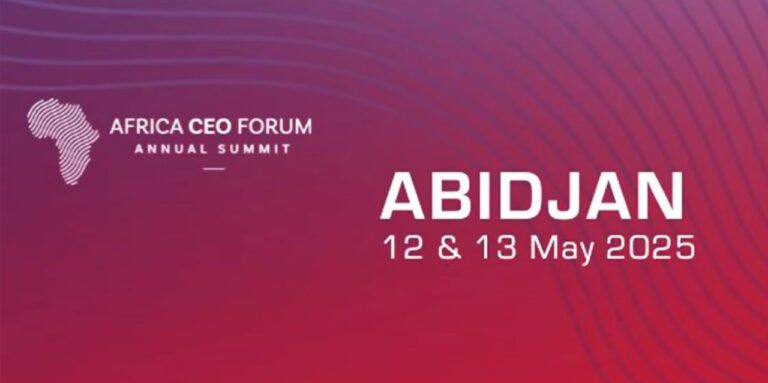The Ethiopian Deposit Insurance Fund (EDIF), aimed at enhancing confidence in the financial sector, has embraced the recent surge in Treasury bill (T-bill) yields, identifying it as a crucial factor for revenue growth.
Since becoming operational in 2023, EDIF has increasingly favored the rising T-bill rates at National Bank of Ethiopia (NBE) auctions for investments.
Merga Wakweya, Director of the Operation Directorate at EDIF, stated that the fund primarily invests in T-bills, which previously offered modest returns of less than 10% annually.
However, recent months have seen a shift, with yields becoming more profitable. This change bolsters EDIF’s financial capacity and reinforces depositor confidence.
“Previously, the low T-bill yields were a concern, as they limited our ability to mobilize sufficient resources for potential payouts,” Merga remarked during a press conference on Tuesday, April 15. “Now, the returns have become far more attractive.”
He noted that similar deposit insurance institutions in other countries also prioritize liquid investments like T-bills for easy access to funds when necessary.
Currently, annual T-bill rates have risen to around 18%, reflecting a significant increase in just a few months.
The NBE’s mid-February report on Monetary and External Sector Developments indicated that one-year T-bill rates surged by 57% since the start of the fiscal year, climbing from 10% in July to 15.7% by mid-February.
This adjustment aligns with inflation (13.6% as of March) and the central bank’s policy rate of 15%.
The rate hike follows recommendations from the International Monetary Fund (IMF), which advised the NBE to adjust interest rates to attract more bidders and improve resource mobilization.
The IMF emphasized the necessity for positive real T-bill yields in line with monetary policy. However, it acknowledged that monetary policy transmission had been weak, with T-bill rates historically capped at 10-11% due to factors such as pension fund demand at negative real rates and previous practices of rejecting higher bids.
According to EDIF CEO Desalegn Ambaw, the fund collected 5.2 billion birr in premiums during the first nine months of the 2024/25 fiscal year, marking an 8.3% increase compared to the same period last year. This growth enhances EDIF’s capacity to protect depositors and support Ethiopia’s financial stability.
During this reporting period, EDIF generated 689 million birr from investments, with its total investment portfolio expanding to 12.1 billion birr.
The majority of these investments (11.2 billion birr) were allocated to T-bills, while the remaining 944.3 million birr was held in Mudarabah time deposits at the Commercial Bank of Ethiopia.
Premium contributions primarily came from conventional deposits (91%), with the remainder from interest-free deposits (9%). Total income reached 5.9 billion birr, comprising premiums (88.3%) and investment returns (11.7%).
For premium generation, private banks contributed 2.7 billion birr (51.3%), microfinance institutions provided 59.49 million birr, and the state-owned Commercial Bank of Ethiopia added 2.5 billion birr (47.5%).
With T-bill yields now exceeding inflation, EDIF anticipates stronger revenue streams, further solidifying its role in safeguarding Ethiopia’s banking sector.






